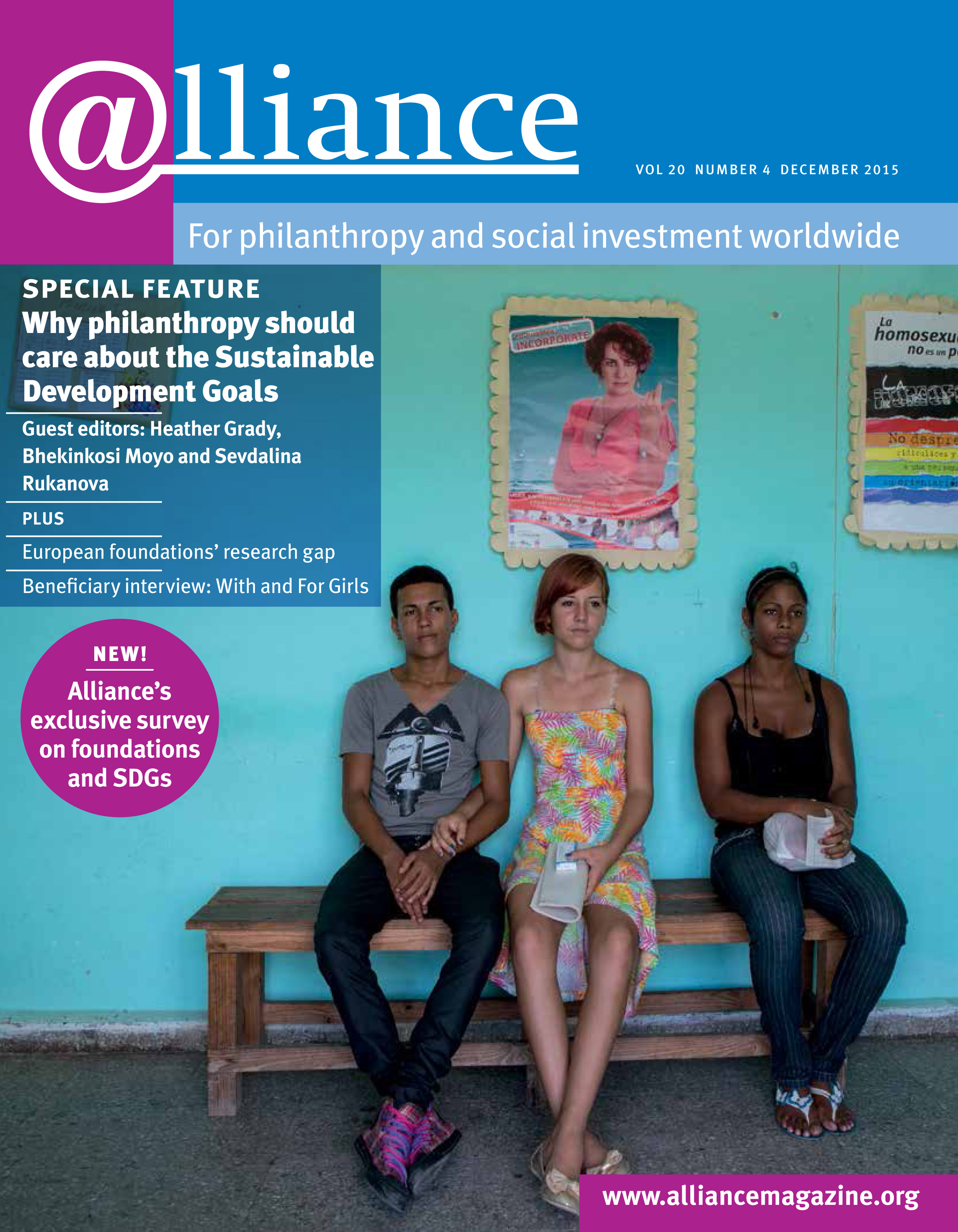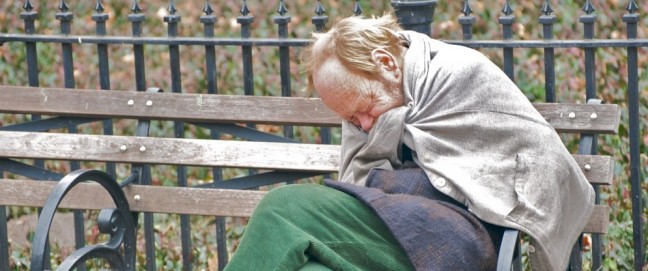Acting with others, foundations can help halve or reduce even further the amount of food wasted. To do so supports Goal 1 – to end hunger. The Calouste Gulbenkian Foundation’s work in Portugal provides an example.
Portugal cannot be thrown away. With this catchphrase, the charity, Dariacordar, an association against waste, created the Zero Waste Movement in 2012 to test local solutions and raise awareness of the need to prevent food waste.
The methodology is simple and flexible. Dariacordar works as a catalyst nationally and internationally, investing in the capacity of local entities to promote the reduction of food waste, capitalizing on their existing human and financial capacity.
Dariacordar coordinates the activities of all those involved through a programme operational unit that works in cooperation with local governments to ensure cooperation between private and public sectors.

Acting with others, foundations can help halve or reduce even further the amount of food wasted. Credit Antwerpalan.
The stakeholders collect unserved meals from donors – restaurants, canteens, enterprises – that haven’t been exposed or in contact with the public, and are stored in special packages. They transport it to the receivers, usually charitable institutions, who distribute the recycled meals to families.
The Gulbenkian Foundation has been backing the movement since 2013, becoming an investor partner in the project and, with Dariacordar, devising a plan for the project’s expansion – first to the entire Lisbon Metropolitan Area, then to Porto, the country’s second largest city, and its Metropolitan Area, the centre region, and finally the rest of the country.
‘This project can be seen as a venture philanthropy model, as the foundation was involved in the co- design of the business model and has facilitated contact with key stakeholders so the network could expand and flourish.’
In addition to the grant, Gulbenkian’s non-financial support was critical to the success of the initiative.
This project can be seen as a venture philanthropy model, as the foundation was involved in the co- design of the business model and has facilitated contact with key stakeholders so the network could expand and flourish.
In 2014, a partnership was established with the Lisbon City Council, which was seen as a crucial step in the development of the Zero Waste Movement throughout the country.
City Councils support and coordinate the movement locally and manage the relationship between donors – the entities that regularly contribute excess food – and receivers, the institutions responsible for identifying and supporting those in need of food support.
Both must sign cooperation protocols, ensuring they can comply with hygiene and food safety rules and that they have sufficient material and human resources. This is how the Zero Waste Movement starts to reverse the problem of food waste, but it is important not to forget the immeasurable added value of volunteers and other partners.
One key success factor is the collaboration between all stakeholders, particularly with ASAE, the country’s food safety authority. This collaboration resulted in the reinterpretation of the law, which was critical to triggering a change of attitude to the problem of food waste.
And the results are encouraging to say the least. By the end of 2014, the Zero Waste Movement had distributed more than 1.5 million meals to more than 9,000 beneficiaries. This translates into an astonishing 788 tonnes of recovered meals.
Luís Jerónimo and Francisco Palmares are on the Calouste Gulbenkian Foundation’s human development team. Email ljeronimo@gulbenkian.pt and fpalmares@gulbenkian.pt







Comments (0)